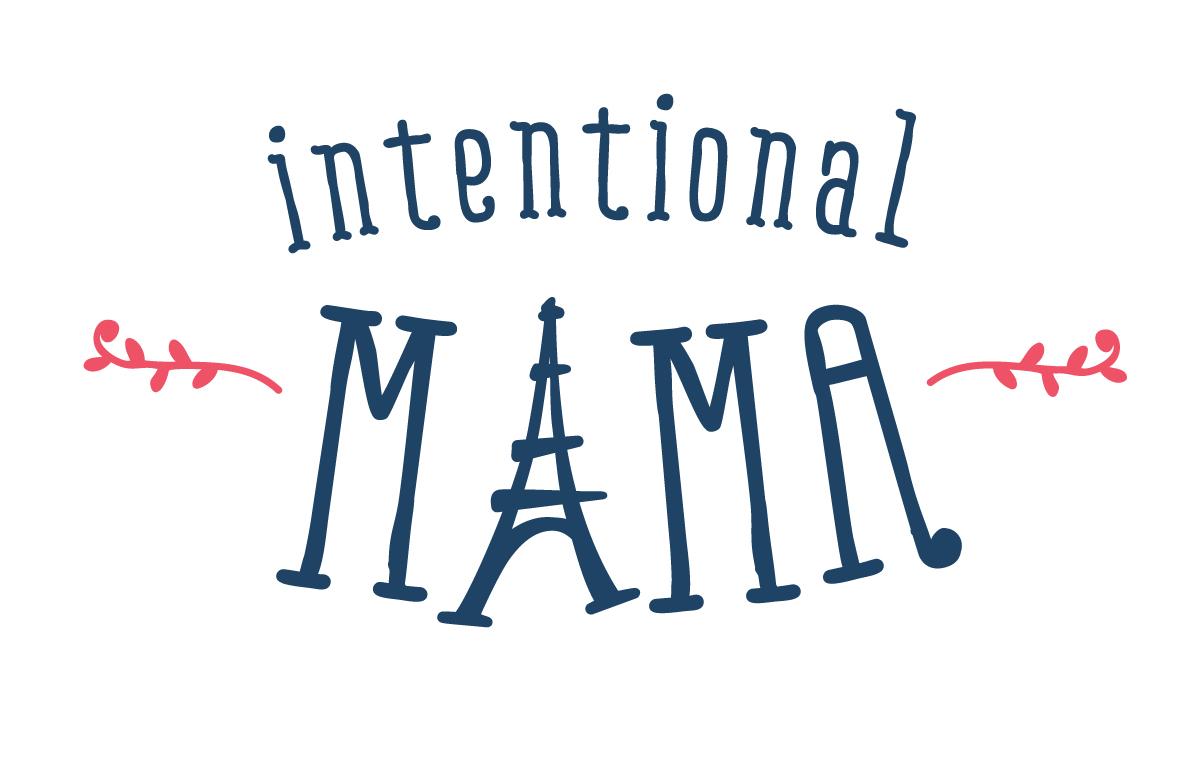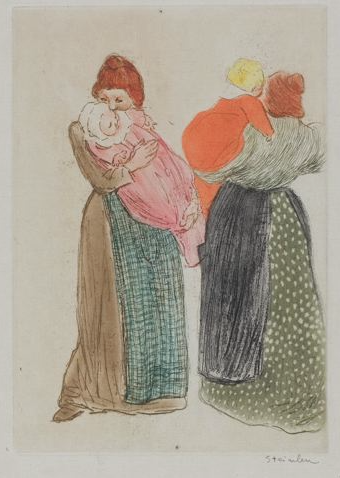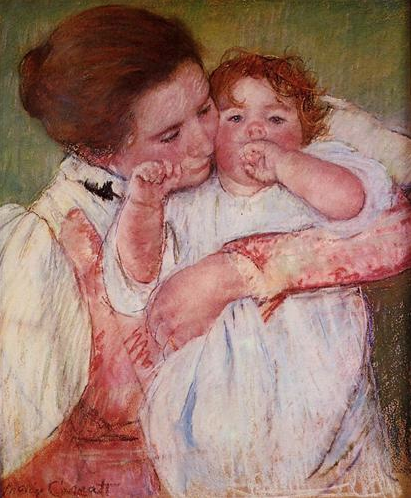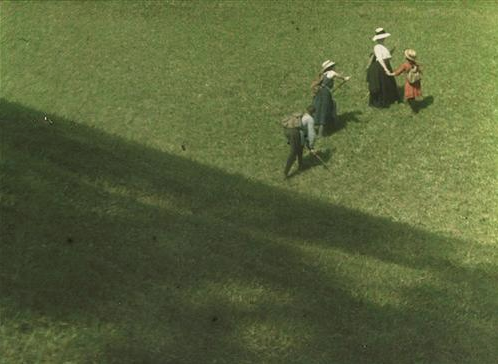Why I Try to Avoid Spanking
As parents, we either respect or reject the way we were raised. My parents were fairly authoritarian and followed the advice of Dr. Dobson, whose book The Strong Willed Child was a bestseller in the '80s. They believed in the adage "spare the rod and spoil the child;" and in our household, the rod was a wooden spoon or a yardstick. But we three daughters rarely needed such correction. When we were disciplined in this way, my parents always prefaced it with an explanation of what we did wrong and a reminder that they loved us.
As an adult now, however, I can't recall more than one or two reasons why I was spanked. Instead, what I remember is the boiling anger and resentment it stirred up in me. I certainly don't recall deciding to change my behavior as a result, only trying to avoid getting caught. Psychology backs this up, showing that punishment motivates a child to avoid future punishment but it does not effectively change behavior by itself.
Mère et enfant by Theophile Steinlen
So when my firstborn daughter became a toddler with a will of her own, I was conflicted about spanking. I thought it was probably necessary (since I love and respect my parents) but I didn't want to parent so forcefully. Nonetheless, when my daughter was about 22 months old and refused to obey me, I spanked her anyway. Afterwards she backed away from me in shock and horror and I saw that she was afraid of me. It was an awful message to read on the face of my child.
That day, when she woke up from her nap, I lay down beside her, ready to apologize. I had been far too harsh. But before I spoke, I watched her face. She was strangely quiet, and I could tell she was sifting through what happened, remembering. Then she whispered quietly, "I was bad." "No," I insisted, horrified, "I was bad. I was too harsh with you. I'm so sorry!"
Mes amis, I still get tears in my eyes when I remember how my need for power and control shattered my daughter's trust in me that day. Sure, she had defied me, but love never forces compliance. Love guides. patiently waiting and prompting. Even if my daughter doesn't remember that particular incident, I will, and I still regret my choice.
Les deux mères by Theophile Steinlen
Some people might say that I'm simply too soft if I apologize for asserting my authority after a simple spanking. But I know my heart, and there was no love or guidance in what I did. It was meant to harm, and it was an action based on pride and anger. Spanking should never be out of anger, of course. But even with the best of intentions, it tells children that harming others is acceptable under certain conditions; that using force is an appropriate method for authority to use in order to control. Those aren't the messages I want to teach my children.
I'd like to be able to say that that day marked the first and last spanking my daughter ever received, but I've spanked both my son and daughter on occasion as they've grown. (Une fessée is one of the French words my husband has learned from hearing me occasionally warn my children.) But when I examine my parenting, I recognize that my occasional decision to spank is nearly always born out of fatigue. When worn out and short-tempered, I resort to the tactics my own parents used. But spanking is simplistic, a one-size-fits-all solution that doesn't teach a child how to work through a similar problem in the future. The more I read and reflect on discipline, the more firmly I resolve to stop and choose a solution that will speak love rather than hate; that will teach instead of punishing.
Little Ann sucking her finger embraced by her mother by Mary Cassatt, 1897
My parents never spanked out of anger (if they were angry, they didn't show it) and for that I am grateful. But I wish they would have replaced spanking with a pointed question and some insight, prompting me to examine the situation in which I made a poor choice and helping me see what would have been better. There are other ways of discipline that don't provoke anger and pain and fear, and these are far more effective in helping children grow up to be adults who make the right choices for the right reasons.
Resources I've found helpful in deepening my understanding of beneficial discipline:
Books: No-Drama Discipline; Unconditional Parenting (see my blog post here); Parenting Without Power Struggles; and The No-Cry Discipline Solution. Also, Kim John Payne of Simplicity Parenting released his book The Soul of Discipline this month, and I look forward to reading his perspective.
Websites: Aha! Parenting.com. A friend also recently recommended the blogs Nurshable and JanetLansbury.com.
Picnic on a hill by Heinrich Kuhn
Blessings, mes amis, on your parenting journey. May your children grow into compassionate, wise adults and may you delight in their growth!
This post contains Amazon Affiliate links.









